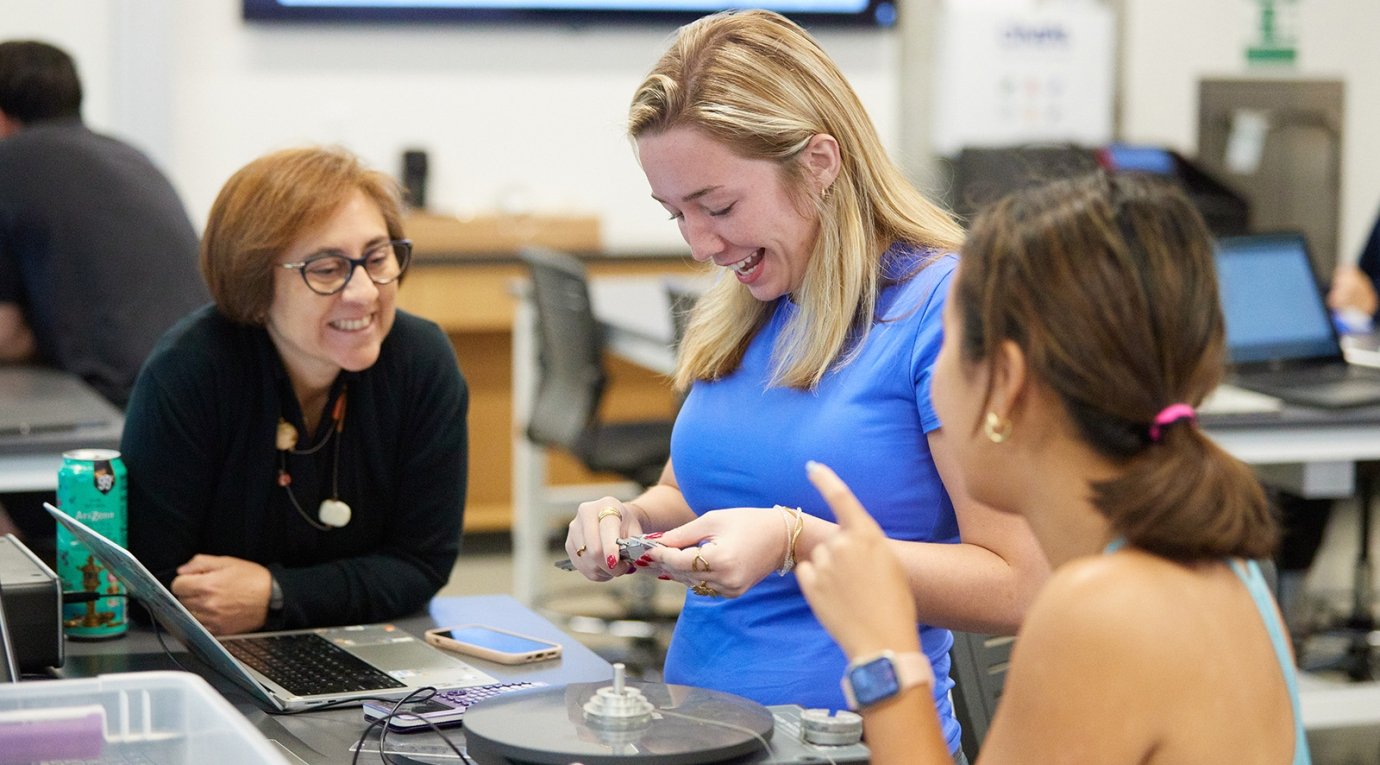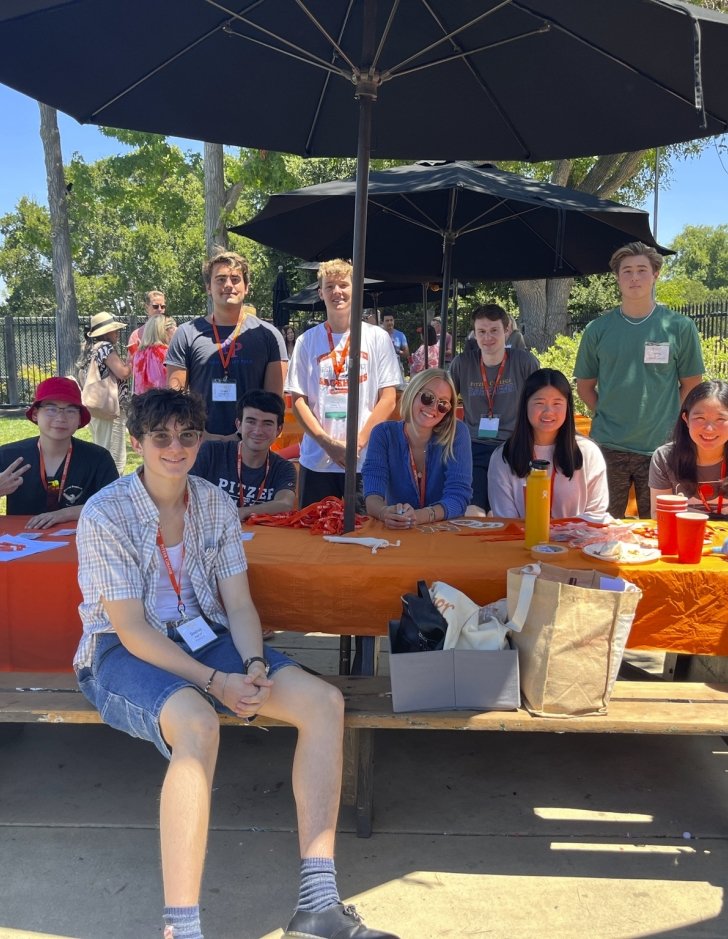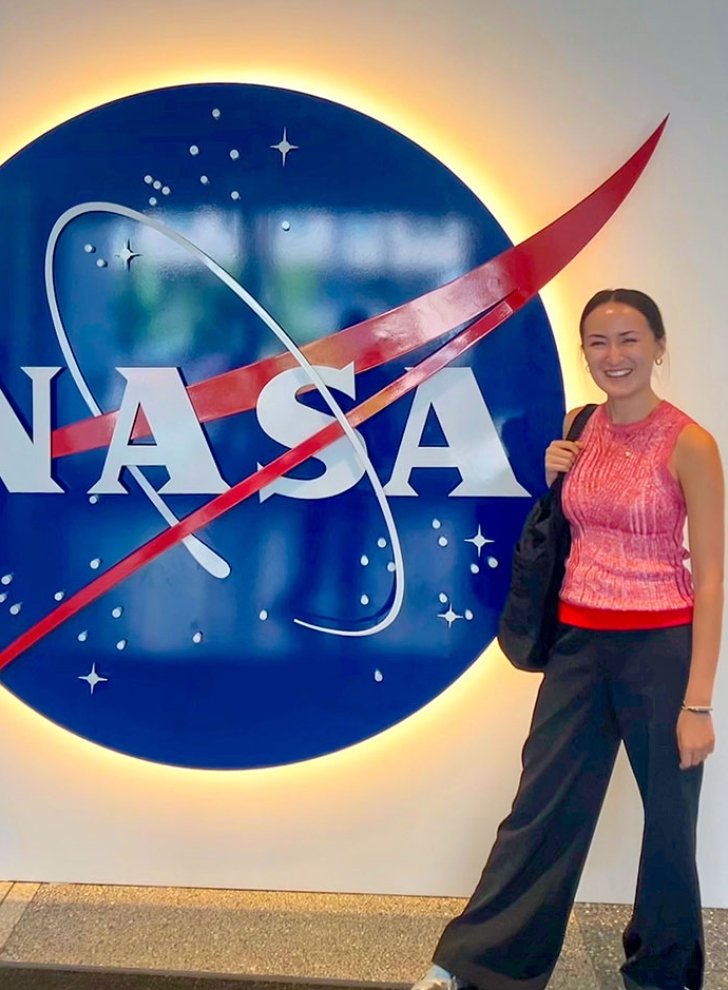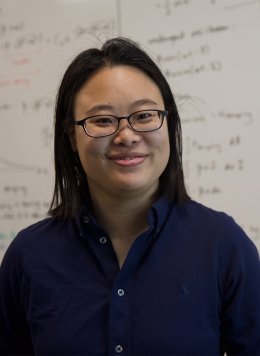Physics
Our Physics program will help you gain familiarity with the mathematical modeling of physical systems and testing those models with hands-on experiments

About Our Physics Program
- Learn how to describe the world around you in the language of Physics, building mathematical models and testing them experimentally.
- Pitzer’s Physics program offers you a highly versatile education thanks to its emphasis on computational and numerical modeling techniques. Physics majors are well-prepared to work in fields including finance, engineering, medicine, and mathematics.
- As a Physics major, you’ll have a relatively light course load by design, allowing you to dig deeper by pursuing dual majors and minors.
- You’ll take classes and conduct research with world-class faculty from Pitzer and Scripps Colleges through our Department of Natural Sciences.
- Your academic home on campus will be the Nucleus, our new 65,000-square-foot science building.








